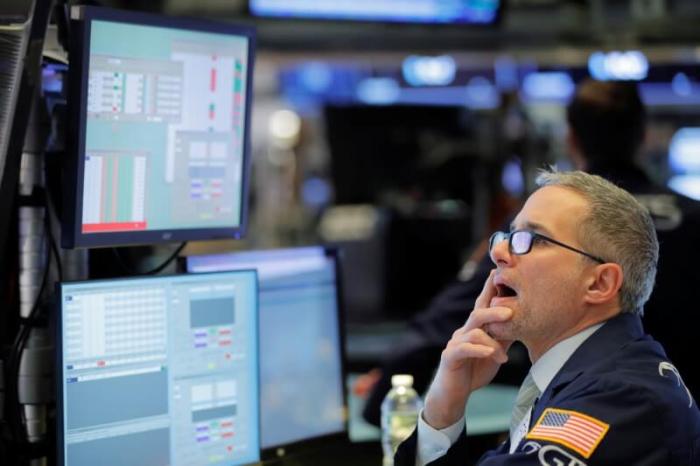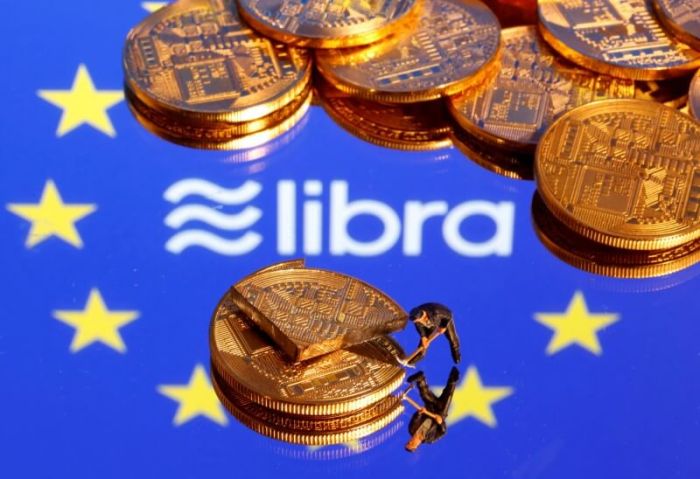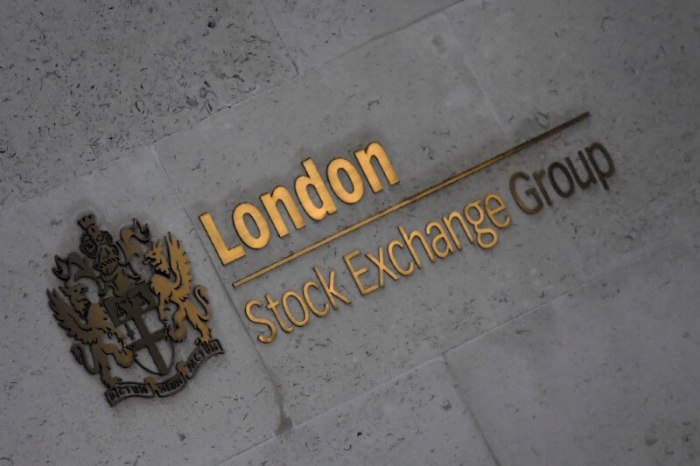By Gertrude Chavez-Dreyfuss
NEW YORK (Reuters) – The dollar dropped to a three-month low on Friday, as safe-haven buying eased and risk sentiment improved on optimism about U.S.-China trade negotiations as well as increased chances for an orderly British exit from the European Union.
The dollar, however, cut losses against the euro and pared gains versus the yen after President Donald Trump announced a partial agreement on trade with China, specifically on intellectual property, financial services, and huge agricultural purchases.
Edward Moya, senior market analyst at OANDA in New York, said the dollar’s moves after Trump’s announcement were in line with the typical “buy the rumor, sell the news” reaction.
“We pretty much got what many people were expecting about a partial deal,” said Moya. “But it doesn’t necessarily provide optimism that in the short run a broader deal will be reached because there are greater issues. It’s still positive though.”
Sterling rose to a more than three-month high versus the dollar on optimism about Brexit, while the euro advanced to a three-week peak as risk appetite rose.
At the same time, other safe-haven currencies such as the yen and Swiss franc slid on the day.
Before the trade deal announcement, Trump and other U.S. officials on Friday had signaled good news was coming in trade talks with China, while Beijing indicated it was open to a “partial” deal that would avoid a planned hike in tariffs on its goods.
On Brexit, the EU agreed on Friday to hold another round of intense negotiations with London in a bid to secure a deal.
EU negotiator Michel Barnier and his British counterpart Stephen Barclay earlier held what both sides called a “constructive” meeting in Brussels as Britain’s scheduled departure date of Oct. 31 nears. The British and Irish prime ministers said on Thursday they had found “a pathway” to a possible deal, and by Friday some officials were expressing guarded optimism.
In the United States, the Federal Reserve announced Friday it will start buying about $60 billion per month in Treasury bills to ensure “ample reserves” in the banking system. It emphasized though that the new program does not mark a change in monetary policy.
“This allays some of the funding concerns and removes some of the upside risks of the squeeze on funding that we saw at month- and quarter-end,” said Shaun Osborne, chief FX strategist at Scotiabank in Toronto.
In late afternoon trading, the dollar index was down 0.4% at 98.318 <.DXY>, after earlier declining to a 3-1/2-month low of 98.197.
The euro, meanwhile, rose 0.3% to $1.1034 The safe-haven yen Sterling surged to a more than three-month high of $1.2708 (Reporting by Gertrude Chavez-Dreyfuss; Editing by Kirsten Donovan, Sonya Hepinstall and Tom Brown)


















